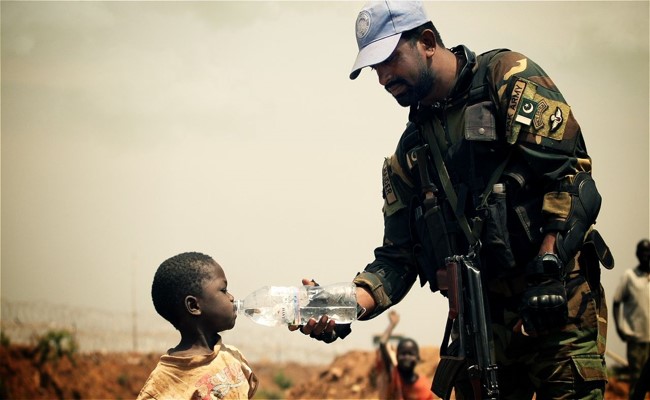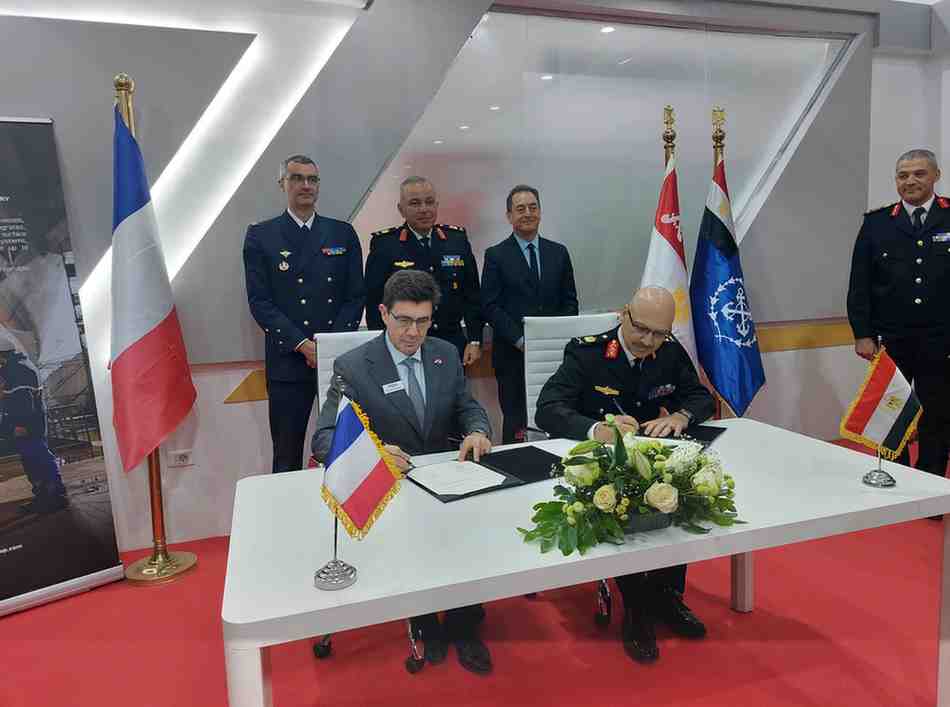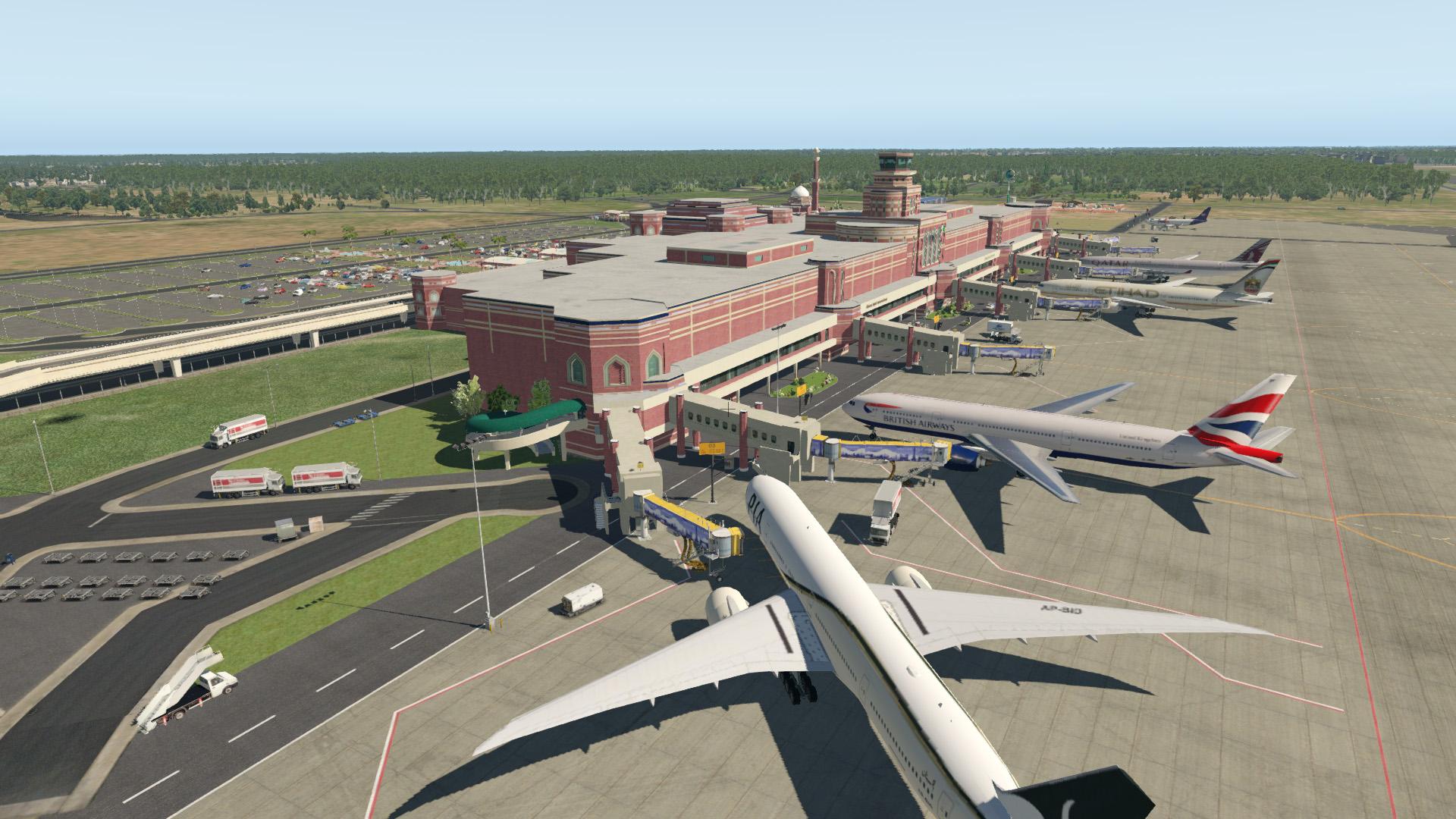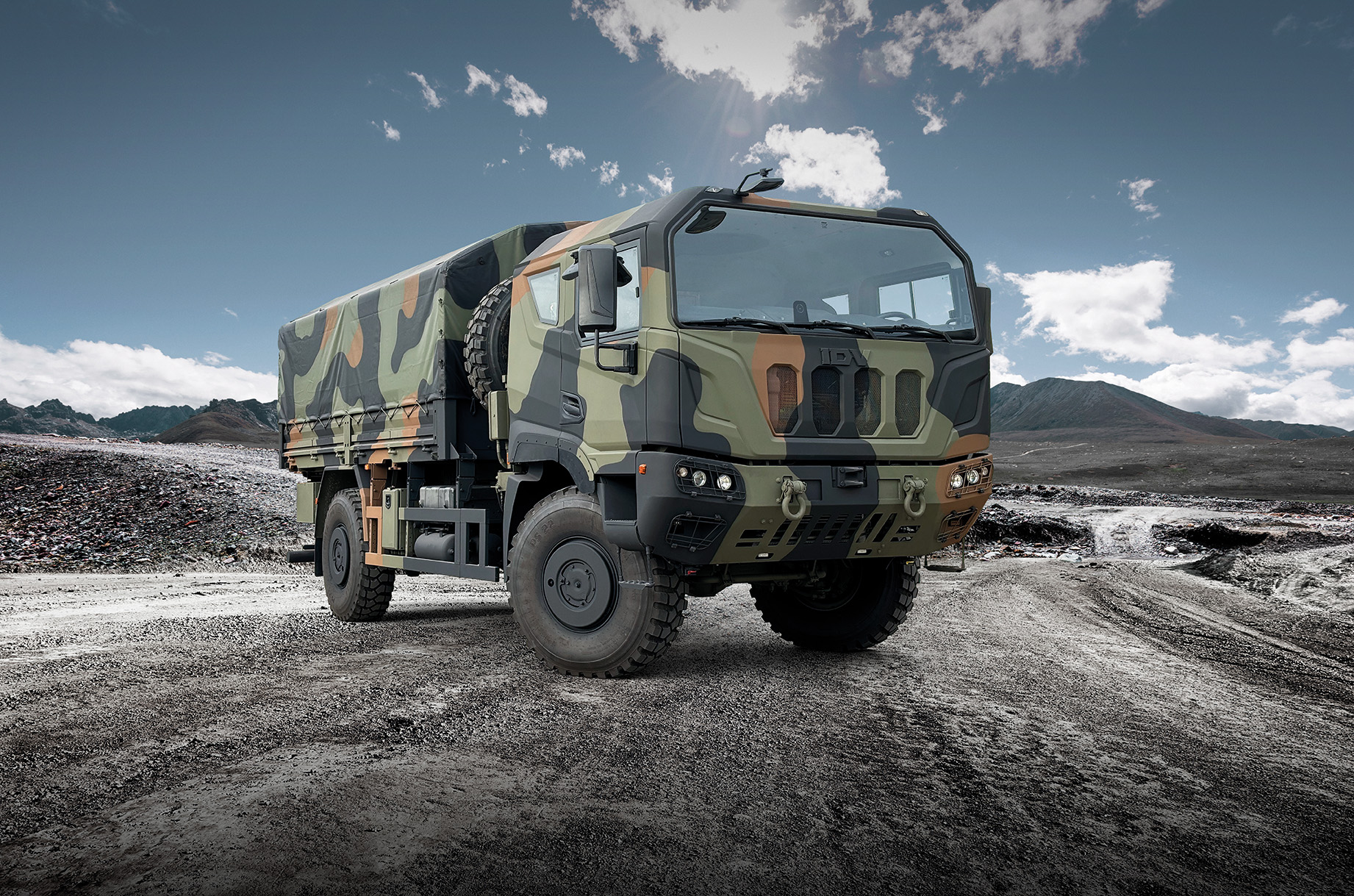In the era of the 21st century, the era of globalization where multinational organizations and non-governmental organizations play a crucial role. Democratic institutions are getting stronger every day and state institutions are developing a system of accountability an essential part of democracy. The military has defended the country and bravely contributed towards global peace with the UN and also helped in infrastructure development and humanitarian relief. Pakistan being a developing country always contributes to international peace, stability, and security. For this purpose, Pakistan has cooperated with United Nations peacekeeping missions in different places of the world. Pakistan is an important member of the UN and a contributor to UN peacekeeping missions and activities.
The scholar Joseph S. Nye in his article published in Foreign Policy asserted that while military force is a hard power asset which it is used may change it into a soft power asset. The international community appreciates the capability of UN peacekeeping soldiers deployed in UN peacekeeping missions. They provide a chance for a state to increase its involvement, presence, and influence in shaping problems of international importance, particularly those relating to humanitarian crises. For a significant force provider like Pakistan, UN peacekeeping missions are an essential soft power asset. Pakistan has demonstrated one truth by contributing enormously and continuously to the missions: Pakistan stands for peace, not war, and hence has the ability to position itself as international peacekeeping and peace-building facilitator.
The roots for the commitment of Pakistan to the UN to achieve international peace and stability stems from the vision of our founder Muhammad Ali Jinnah and that is,
“Our foreign policy is one of friendliness and goodwill towards all the nations of the world. We believe in the principle of honesty and fair play in national and international dealings and are prepared to make our utmost contribution to the promotion of peace and prosperity among the nations of the world. Pakistan will never be found lacking in extending its material and moral support to the oppressed and suppressed peoples of the world and in upholding the principles of the United Nations Charter”.
Pakistan’s first UN peacekeeping operation began in Congo in 1960, and more than 200,000 Pakistani soldiers have since served in 60 deployments across 28 nations. The Forces of Pakistan are currently stationed in the Democratic Republic of the Congo, the Central African Republic, and Sudan’s Darfur zone. The military of Pakistan is involved in developing and implementing regulations to safeguard residents in these three locations, as well as assisting political processes and providing humanitarian aid.
The wide range of these roles under the UN mandate emphasizes the complicated and sensitive nature of these operations, as armed forces personnel are expected not only to take on civilian governance responsibilities in coordination with relevant UN bodies but also to establish some semblance of law and order while refraining from engaging in kinetic operations. These roles include substantial planning and organization, as well as intelligence gathering and relationship development with the local community.
Pakistani women are also making their mark on US peace missions. Pakistan has achieved the UN goal of sending 15 percent of female staff officers to these missions and now nearly 450 Pakistani women are serving in various countries across the globe. UN Secretary-General Antonio Guterres appreciated the contribution of Pakistani women in peacekeeping. “Pakistan is a leader in championing women peacekeepers and an example for other troop contributors”.
Pakistan must struggle to increase its soft power in the world and work for positive and humanitarian purposes to change the international narratives. Through peace missions and operations, it’s a good opportunity to show the country’s diversified culture and one of the world’s oldest civilizations.
A comprehensive strategy is needed of an hour to build on Pakistan’s soft power capabilities and project Pakistan’s commitment to global peace and security. A media campaign must be launched to raise awareness of Pakistan’s peacekeeping efforts and sacrifices throughout the years. Pakistan’s peacekeeping missions should be highlighted on the MOFA and ISPR websites. To institutionalize our peacekeeping operations, the foreign office, Military Operations Directorate-General, and research institutes must collaborate closely. These troops have contributed to improving Pakistan’s image and soft power in the international community.
Author: Tahama Asad is a graduate of National Defense University, Islamabad
- GDI Staffhttps://defensetalks.com/author/umair/
- GDI Staffhttps://defensetalks.com/author/umair/
- GDI Staffhttps://defensetalks.com/author/umair/
- GDI Staffhttps://defensetalks.com/author/umair/












